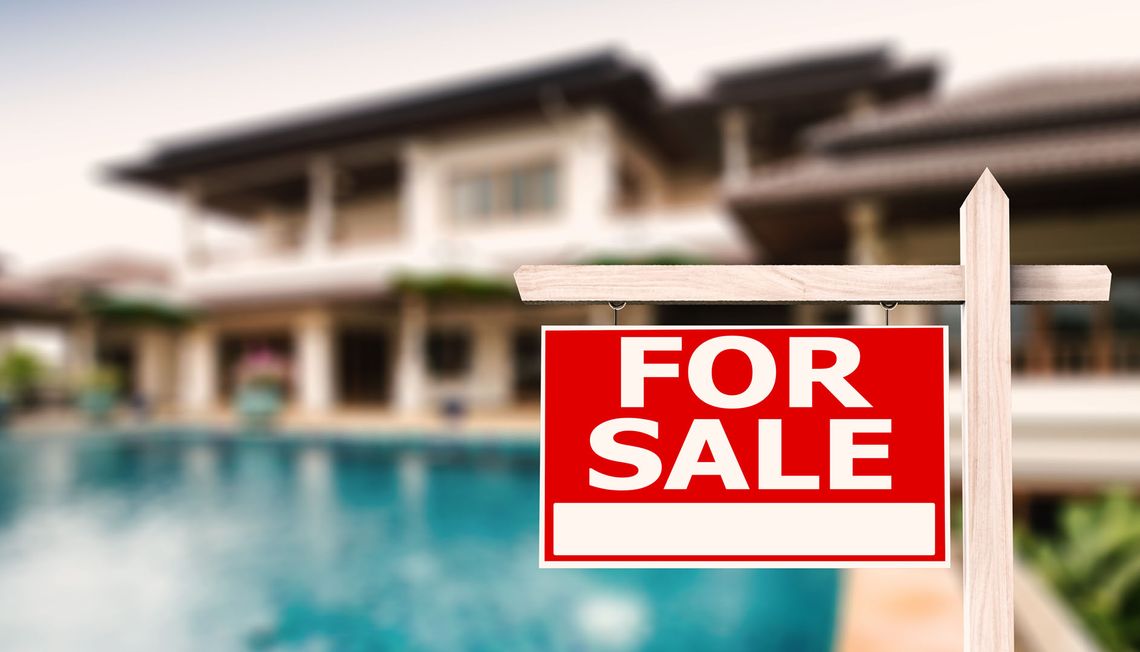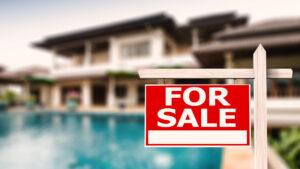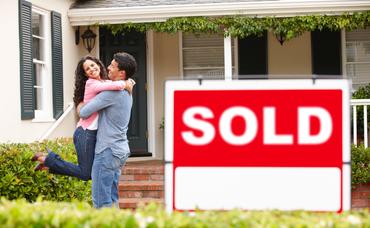There are many things to do when you’re preparing to sell your home. From cleaning and decluttering to painting and making repairs, your to-do list might seem a mile long. But one of the most important decisions to make when you’re selling is the listing price. In fact, one of the most common questions we get from sellers is, “How do I price my home?”. Let’s take a closer look at how to arrive at the best price for the current market.
Why the listing price is so important
First of all, we can’t stress enough how important it is to price your home correctly from the start. If you price too low, then you can potentially leave money on the table. Conversely, if you price too high, then your home may languish on the market. Finding just the right price is key to a quick sale for the greatest profit.
Look at comps
The first place to look when you’re deciding on your selling price is other recently sold homes in your neighborhood. Find homes that are similar to yours in terms of size, age, and amenities, often called “comps” or comparables in real estate. Look at those within a half-mile of your home that have listed and sold in the last three months to see what they ultimately sold for. This is your best starting point.
Get a CMA (Comparative Market Analysis)
When you work with a real estate agent to sell your home, they will give you a CMA, or Comparative Market Analysis, for your property. This is essentially a report that details the recent sales in your area. While you can certainly do your own research online as well, having a CMA from a reputable agent can give you more confidence when it comes to determining your selling price.
Look at expired listings
During your search for comps, you’ll also come across expired or withdrawn listings in your neighborhood. These can also provide valuable information to you. Look for clues as to why they may not have sold or why the owner took them off the market. In some cases, the home may have been listed above recent comps and was deemed too expensive by buyers.
Compare listing prices to final sales prices
It’s also a good idea to compare the listing prices to the final sales prices on recently sold homes in your area. Did they sell for listing or above? Or were there one or more price reductions along the way? By looking at another seller’s mistake you can help to avoid making the same one.
Consider online searches
Finally, when determining the listing price for your home, you should consider that most buyers begin their home searches online. Most of the popular online real estate websites have price ranges, so most buyers will choose a range that fits their budget. You’ll want to make sure that your home fits well within one of those ranges, or it may be excluded from the results. Buyers who could afford your home may not end up seeing your listing if you fall just outside their desired range.
Compliments of Virtual Results





